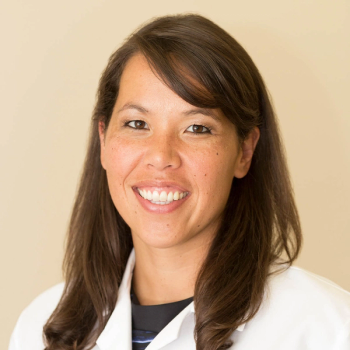
ASCO: Reform Medicaid to Improve Cancer Care for Low-Income Patients
ASCO is calling for major reforms to the Medicaid system in order to close gaps in cancer coverage and improve quality of care for low-income Americans.
The American Society of Clinical Oncology (ASCO) is calling for major reforms to the Medicaid system in order to close gaps in cancer coverage and improve quality of care for low-income Americans.
The “ASCO Policy
“Every patient should be able to receive high-quality cancer care, regardless of his or her financial circumstances,” said ASCO President Peter Paul Yu, MD, in a statement. “Millions of Americans who rely on Medicaid won't be able to take advantage of advances in cancer prevention and treatment unless meaningful reform occurs.”
ASCO called for all states to expand their Medicaid programs to adults with family incomes below 133 percent of the federal poverty level and to take advantage of federal matching funds under the Affordable Care Act that cover 100% of the cost of expansion between 2014 and 2016. Only 23 states have adopted expansion to date, limiting access to cancer prevention, screening, and treatment services for at least 40,000 people, the statement said.
ASCO also recommended parity between drugs administered intravenously in doctors’ offices or clinics and drugs administered orally. While Medicaid typically covers all or most of the cost of intravenous infusion drugs, beneficiaries must shoulder up to 20% of the cost of oral medications, creating a significant financial burden.
To improve quality of care, Medicaid beneficiaries should receive full coverage of cancer screening and genetic testing, such as tests to identify mutations associated with breast and ovarian cancers, said the statement. In addition, Medicaid should guarantee full coverage for participation in clinical trials.
ASCO leaders plan to work closely with policymakers and other stakeholders to pursue the recommended reforms. Other changes recommended in the policy statement include:
♦ Eliminate arbitrary differences in coverage between people who enrolled in Medicaid before and after the Affordable Care Act.
♦ Bring physician reimbursement rates in line with those of Medicare.
♦ Reform the 340B drug pricing program to ensure that it is used to incentivize care for the uninsured and underinsured, as originally intended.
♦ Require states to meet specific quality standards.
♦ Expand the "Medical Home" designation, which currently applies only to primary care practices, to include oncology practices.
“With Medicaid reform certain to be a focus of the next Congress, our task as cancer doctors is to help make sure that the needs of patients take center stage in that debate,” said Blase N. Polite, MD, MPP, co-author of the policy statement and chair of ASCO's government relations committee. “We have a long road ahead but are committed to turning these recommendations into reality for our patients.”
Newsletter
Stay up to date on recent advances in the multidisciplinary approach to cancer.





































